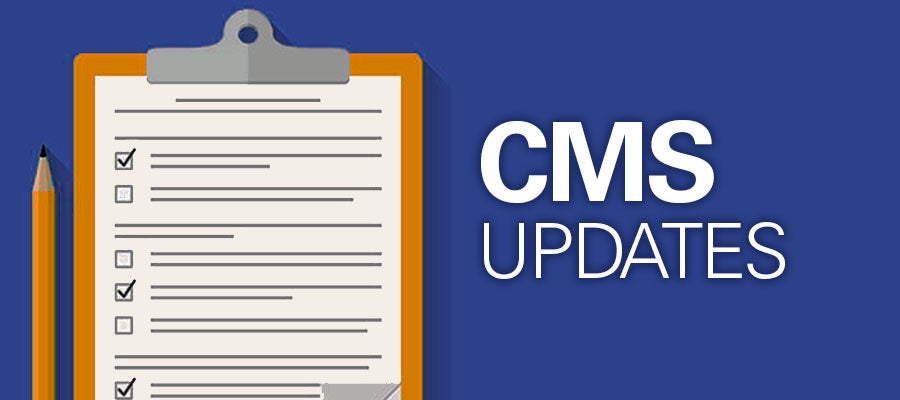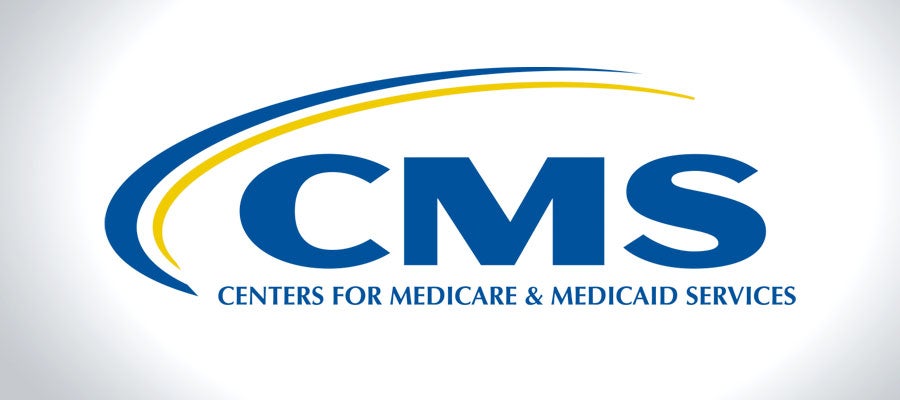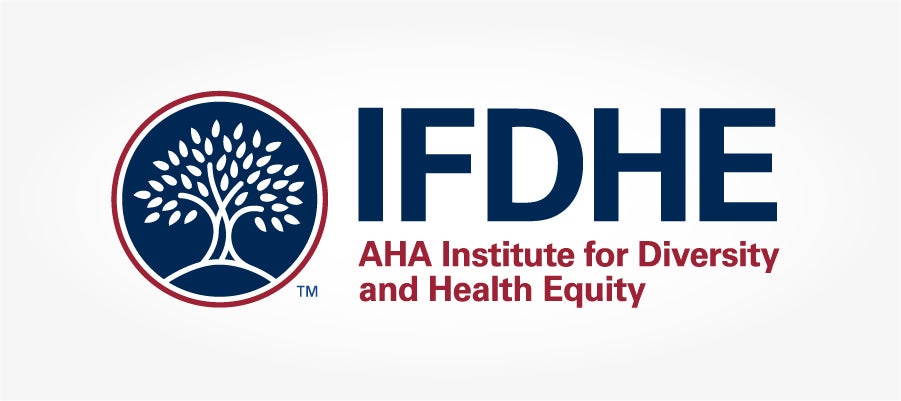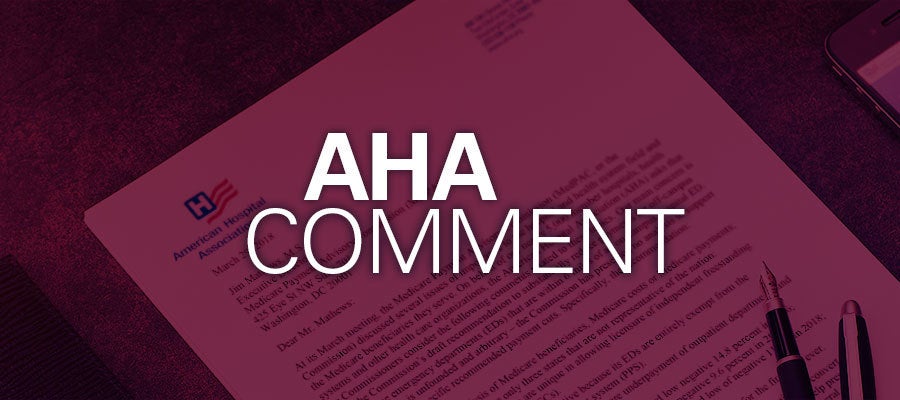
News







Latest
One way to demonstrate respect and not stigmatize when discussing people with mental health diagnoses is to use person-first language, writes Kelly Ryan, director of social services and doctoral tr
The Medicare Payment Advisory Commission released its March report to Congress.
The Food and Drug Administration alerted clinical laboratories staff and health care providers to the potential for positive results from a test made by Roche Molecular Systems to simultaneously detect and differentiate SARS-CoV-2 and influenza A/B.
Medicare will nearly double what it pays to administer COVID-19 vaccines to about $40 per dose to better reflect the costs involved and help providers vaccinate more Americans, the Centers for Medicare & Medicaid Services announced today.
by Rod Hochman, M.D.
At hospitals and health systems across the country, patient safety is a priority every single day. Each year as AHA marks Patient Safety Awareness Week, we recognize the work of health care teams and promote discussions about patient safety. It’s a time when we also mark the progress we’ve made as a field, which is more important than ever as we look toward recovery from the pandemic.
The Department of Homeland Security formally removed its public charge rule from the Code of Federal Regulations.
Cyber criminals and nation-state actors believed to be affiliated with the Chinese government continue to exploit recently announced vulnerabilities in Microsoft Exchange on-premises products, posing a serious risk to federal agencies and private organizations, the Federal Bureau of Investigation and the Cybersecurity and Infrastructure Security Agency said in a joint advisory.
The Centers for Medicare & Medicaid Services has selected 184 ambulance providers and suppliers in 36 states to participate in the Services Emergency Triage, Treat, and Transport (ET3) Model, which began Jan. 1.
Reps. Tom Reed, R-N.Y., and Terri Sewell, D-Ala., introduced the Rural Hospital Support Act, AHA-supported legislation that would make permanent the Medicare-Dependent Hospital program and enhanced low-volume Medicare adjustment for small rural prospective payment system hospitals.
A Sunday, March 14 segment on 60 Minutes+ (available on streaming service Paramount+ rather than CBS) will underscore the struggles health care workers are facing amidst the COVID-19 public health emergency.
President Biden directed states, tribes and territories to make all adults eligible for COVID-19 vaccination by May 1.
Reps. John Yarmuth, D-Ky., Richard Neal, D-Mass., Frank Pallone, D-N.J. and David Scott, D-Ga., introduced a bill that, among other health care provisions, would eliminate the 2% across-the-board cut to all Medicare payments, known as sequestration, until the end of 2021.
by Rick Pollack
Patients should expect that any drugs or medications they require are safe, administered effectively and available when needed. But, some commercial health insurance companies are changing the rules about how drugs are handled and administered, with serious consequences for patient care.
The Biden administration has abandoned the prior administration’s defense of the public charge rule, dismissing appeals to the Supreme Court and circuit courts that sought to overturn district court decisions enjoining enforcement of the rule.
The challenges and uncertainty during the pandemic have reinforced the importance of strong leadership and the value of mentorship, writes Lindsey Dunn Burgstahler, vice president, programming and intelligence, AHA Center for Health Innovation.
The House Education & Labor Subcommittee on Workforce Protections held a hearing on science-based strategies to protect workers from COVID-19.
The Centers for Medicare & Medicaid Services, in collaboration with the Centers for Disease Control and Prevention, issued updated visitation guidance for nursing homes, noting that more than 3 million COVID-19 vaccine doses have been administered to nursing home residents and staff.
President Biden signed into law the American Rescue Plan Act of 2021, a $1.9 trillion COVID-19 relief package, which includes a number of provisions that affect hospitals and health systems.
The AHA, American Health Care Association, National Association for Home Care & Hospice, National Hospice and Palliative Care Organization, and Association for Clinical Oncology urged congressional leaders to extend the moratorium on the 2% cut to all Medicare payments under budget sequestration beyond March 31.
by Lindsey Dunn Burgstahler
The COVID-19 pandemic has forever changed many of the things that shape our lives: our relationships, our work, our interactions with technology and one another. And although it has undoubtedly changed leaders, it hasn’t changed what we know about leadership.

